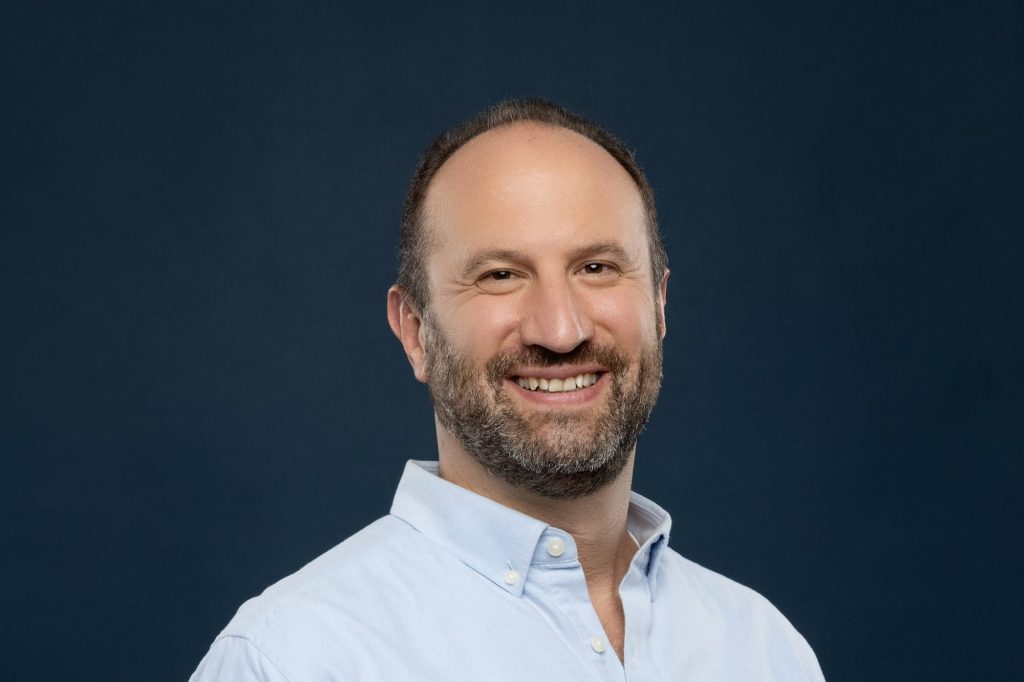This week on How Success Happens, I spoke with Craig Levine, co-CEO of ESL FACEIT Group. He’s had a two-decade-long career in esports, and I was curious to find out about his path into competitive gaming, lessons learned from helping to build a nascent industry into a global phenomenon, the challenges of capturing the attention of young fans and where he thinks esports is headed. You can listen to the full conversation below, and I’ve pulled out three key takeaways. I hope you’re as inspired as I am by Levine and his career advice.
1. Make your passions work for you
Levine’s life is rooted in video games, from playing Nintendo as a kid in Long Island, New York, to playing games competitively and, today, running one of the world’s leading esports and video game entertainment companies. His interests set the stage for his career, even at a time when the esports business didn’t exist in the U.S.
The lesson? Find ways to bring your passions into your business. This allows you to target like-minded employees and bring enthusiasm to the workplace — and will inspire you to always search for ways to improve your industry and your company.
Timestamp — :30-4:55
2. “Revenue follows relevancy”
Levine wasn’t just starting a company; he was pioneering an industry. However, he and his team saw the beginnings of fandom around competitive gaming and a market opportunity as the audience grew.
Levine and colleagues at ESL coined a phrase that would remain their North Star: “Revenue follows relevancy.” To turn the corner, both in esports and traditional industries, you need to establish your brand as a first-mover and a market leader. That brand awareness drives growth and, eventually, success.
Timestamp — 14:55-16:00
3. Play the long game
Levine admittedly didn’t have much of a plan when he stepped into entrepreneurship as the owner of Team 3D in his freshman year of college. As time went on, though, his ambitions grew, and in 2013, ESL filled a sports arena for the first time during a tournament in Katowice, Poland.
Vision and a commitment to what the industry could look like allowed him, about 11 years after founding Team 3D, to cement his place in the pantheon of game-changers in esports. Conceptualizing your business’ future is just as important as in-the-moment decision-making and reflection on success and mistakes.
Timestamps — 16:12-25:12, 31:49-33:57
Read the full article here










